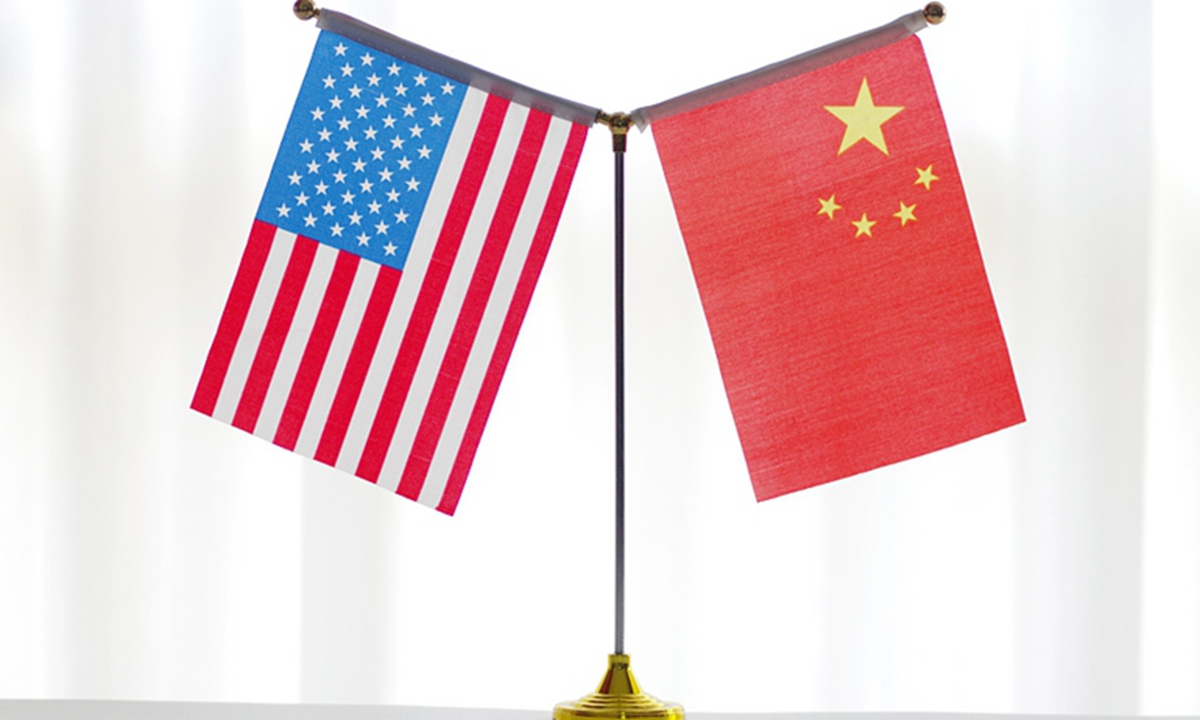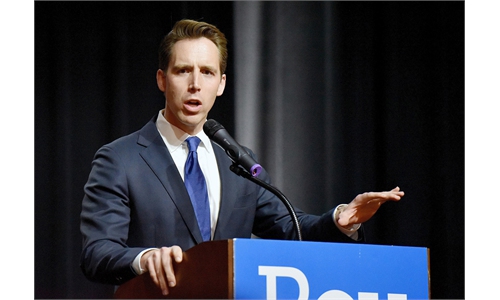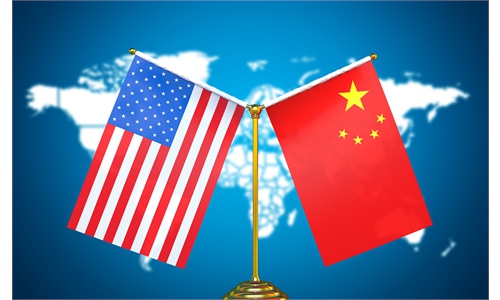
China US File Photo:CFP
China-US military exchanges and communication may soon resume after a suspension of several months, and the two militaries may already be in contact at the working level, Chinese experts said on Tuesday, following the first face-to-face meeting between the leaders of the world's two biggest economies since US President Joe Biden took office in early 2021.
Chinese President Xi Jinping met with Biden on Monday in Bali, Indonesia. The three-hour meeting was in-depth, candid and constructive, the two leaders said, and they instructed the teams from the two countries to follow up on the key consensuses reached by the two leaders and take concrete actions to push China-US relations back to a stable track, China Central Television reported.
In Biden's briefing on Monday, he said that National Security Advisor Jake Sullivan as well as Defense Secretary Lloyd Austin would "be engaging with their counterparts from China," South China Morning Post reported.
US media outlets, like CNN and the Wall Street Journal, have expressed a positive tone over the meeting, believing that China and the US are moving toward reopening more channels of communications and exchanges, and US Secretary of State Antony Blinken is "expected to visit China next year."
Echoing the recent media reports, Chinese experts said head-of-state diplomacy provided authorization for the resumption and promotion of dialogue at all levels. For the US, the need to revive military-to-military dialogue is even more pressing.
Zhou Bo, an expert from the Center for International Security and Strategy, Tsinghua University, told the Global Times on Tuesday that the military communication and dialogue between the two countries have always been in a position of urgent need.
On August 5, China announced eight countermeasures in response to US House Speaker Nancy Pelosi's highly provocative visit to China's Taiwan region in August, where she met with secessionists. These included canceling China-US theater commanders talk, defense policy coordination talks, and military maritime security consultative mechanism, and suspending cooperation on illegal immigration repatriation, drug control and climate change.
During the phone call with Chinese State Councilor and Foreign Minister Wang Yi on October 30, Blinken said it is necessary to keep communication channels open and responsibly manage competition. Austin said in October that his department was working to reopen channels of military communication with China, according to media reports.
Lü Xiang, a research fellow at the Chinese Academy of Social Sciences, told the Global Times on Tuesday that the US dares not underestimate the strength of the People's Liberation Army (PLA), as the exercises held in August after Pelosi's visit fully demonstrated China's determination and capability to resolve the Taiwan question.
"If the US continues to interfere in China's internal affairs and undermine China's sovereignty and security interests, China does not need to have any communication with the US military and will act in the way it deems best," Lü said.
Experts believe that given the escalating tensions between the two countries, the resumption of communication and dialogue between the Chinese and US militaries after the leaders' meeting will help reduce risks and miscalculations.
"Military security has always been a potential risk point… after the two heads of state set the direction, the corresponding working level would enter the concrete implementation stage," Zhou said.
Lü also believes that if the two sides can restore political trust to a certain extent, there will be dialogue in the military field.
The two militaries may have started to contact each other at the working level, but it will take some time for dialogue to take place at the defense minister level, during which the communications on some details are needed, Lü said.
However, Chinese experts stressed that there are preconditions for resuming talks between the two militaries, the most important of which is the Taiwan question, which is at the core of China's interests, the political foundation of bilateral relations, and a redline that should not be crossed.
"Next, China needs to see if the US' words are translated into actions… The US has a habit of being duplicitous. If their words and deeds are inconsistent, the military-to-military contacts will have no substantive meaning," Lü said.
"The channels of communication and dialogue between the two sides not only need to be restored, but also need to be further refined and implemented on some specific issues," Zhou said.
For example, there are no quantified rules on the safe distance between Chinese and American military vessels. To ensure that there will be no accidents, the two sides need to communicate and even conduct mutual exercises to form a certain understanding, so as to avoid emergencies more effectively, Zhou said.
The more channels of communication between the two sides and measures to manage risks, the better it will be to avoid the worst scenarios, Zhou said.
Zhou stressed that there are many areas of cooperation between the Chinese and US militaries, but the US should not step on the red line or even cross it. As for "what can be discussed and what is firmly opposed," China will stick to its consistent principles.



